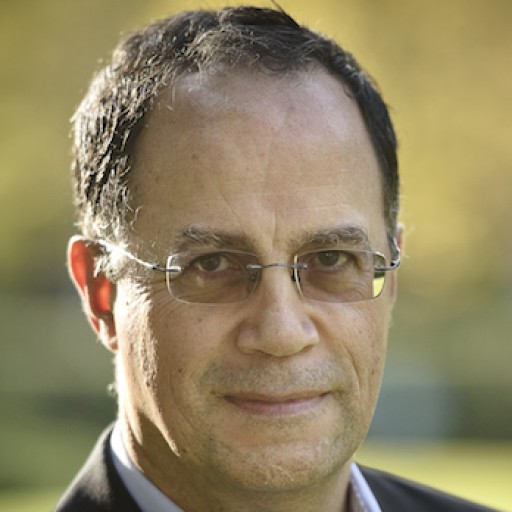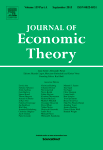Wealth Effects, Distribution, and the Theory of Organization
We construct a general equilibrium model of firm formation in which organization is endogenous. Firms are coalitions of agents providing effort and investment capital. Effort is unobservable unless a fixed monitoring cost is paid, and borrowing is subject to a costly state verification problem. Because incentives vary with an agent’s wealth, different types of agents become attractive firm members under different circumstances. When borrowing is not costly, firms essentially consist of one type of agent and are organized efficiently. But when the costly state verification problem is sufficiently severe, firm organization will depend on the distribution of wealth: with enough inequality, it will tend to be dictated by incentives of rich agents to earn high returns to wealth, even if the chosen organizational form is not a technically efficient way to provide incentives.

